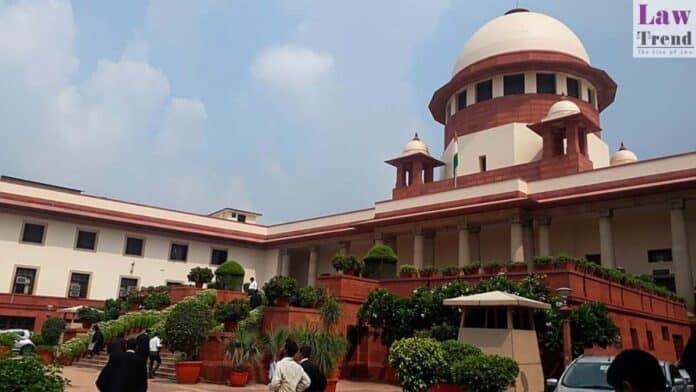The Supreme Court dismissed an appeal by the District Appropriate Authority challenging the Gujarat High Court’s order directing the unsealing of a sonography machine seized during proceedings under the Pre-Conception and Pre-Natal Diagnostic Techniques (PC & PNDT) Act, 1994. The Court held that retaining the machine in a sealed condition for nearly 16 years without
To Read More Please Subscribe to VIP Membership for Unlimited Access to All the Articles, Download Available Copies of Judgments/Order, Acess to Central/State Bare Acts, Advertisement Free Content, Access to More than 4000 Legal Drafts( Readymade Editable Formats of Suits, Petitions, Writs, Legal Notices, Divorce Petitions, 138 Notices, Bail Applications etc.) in Hindi and English.




